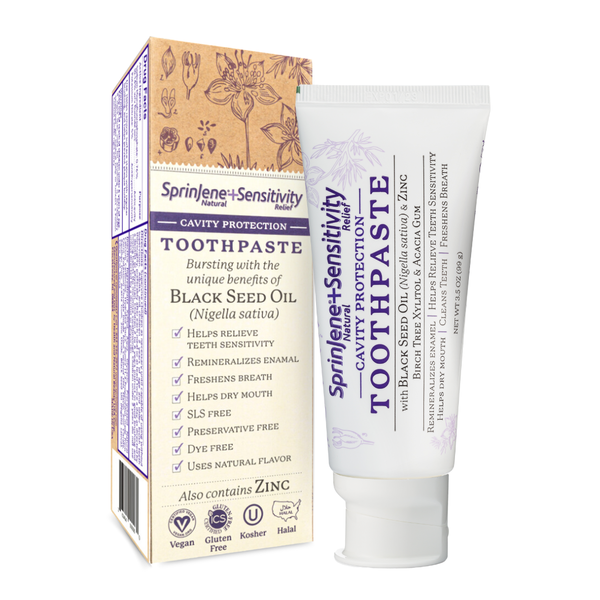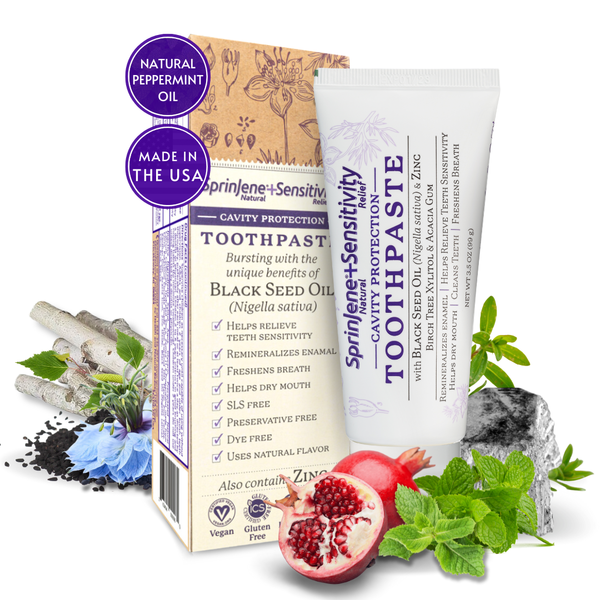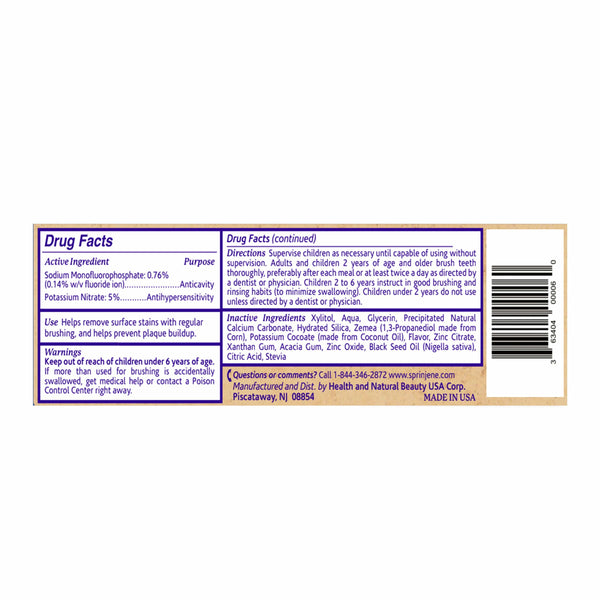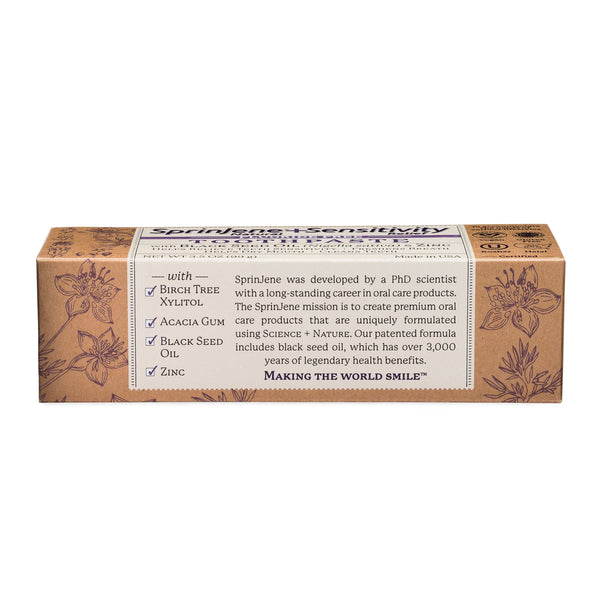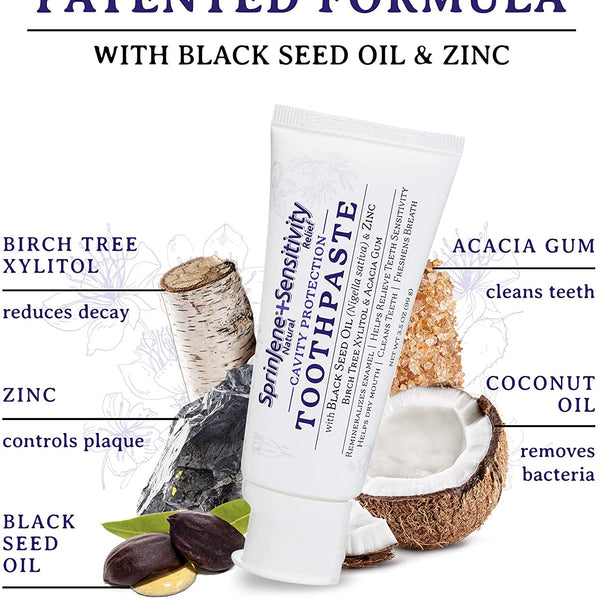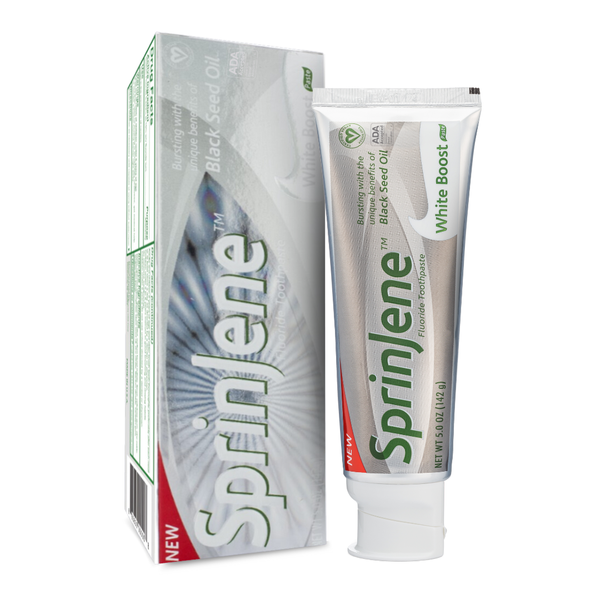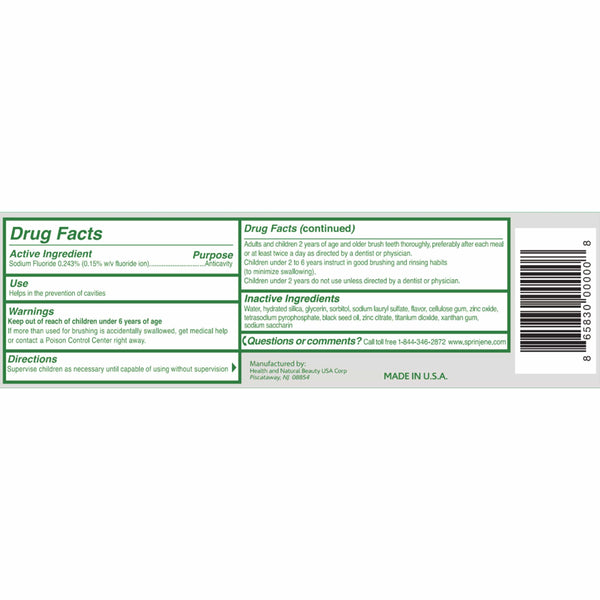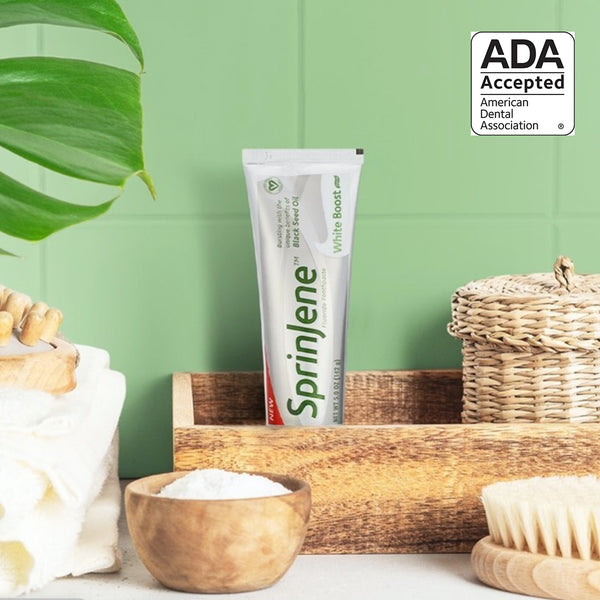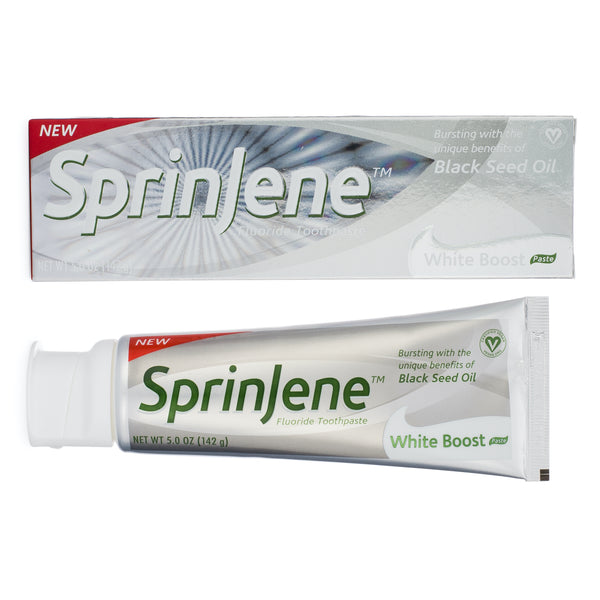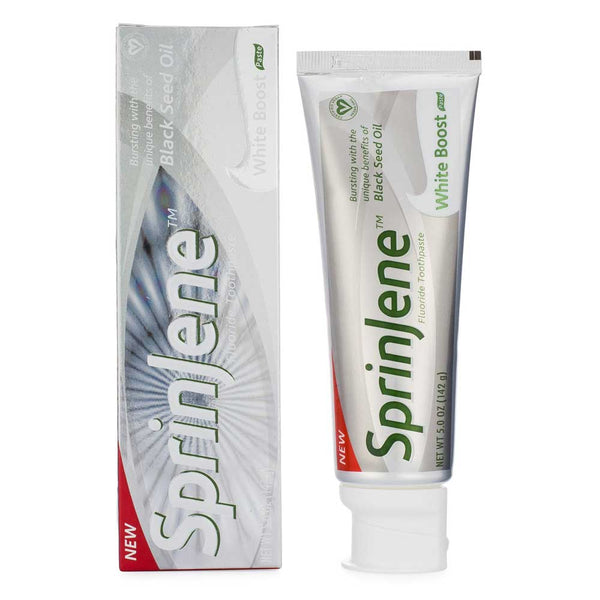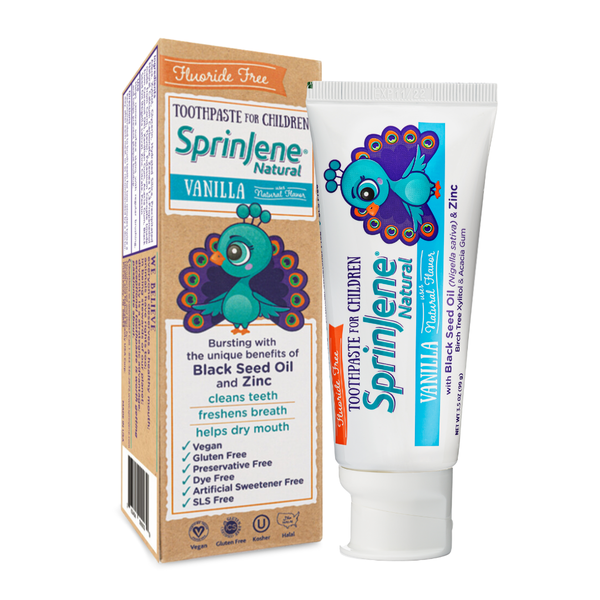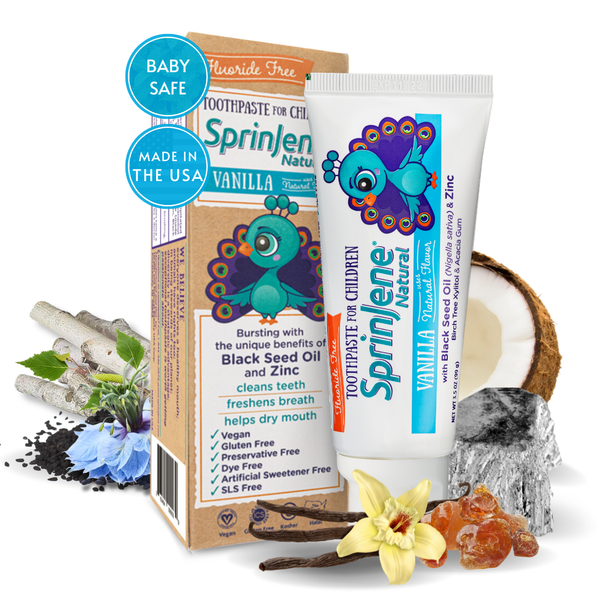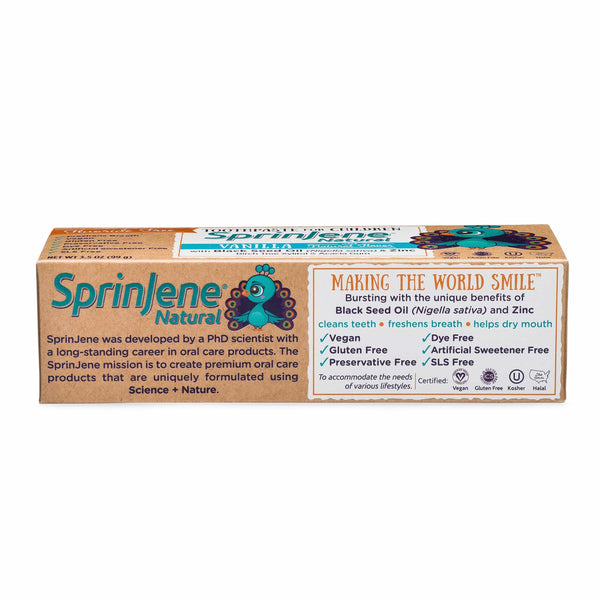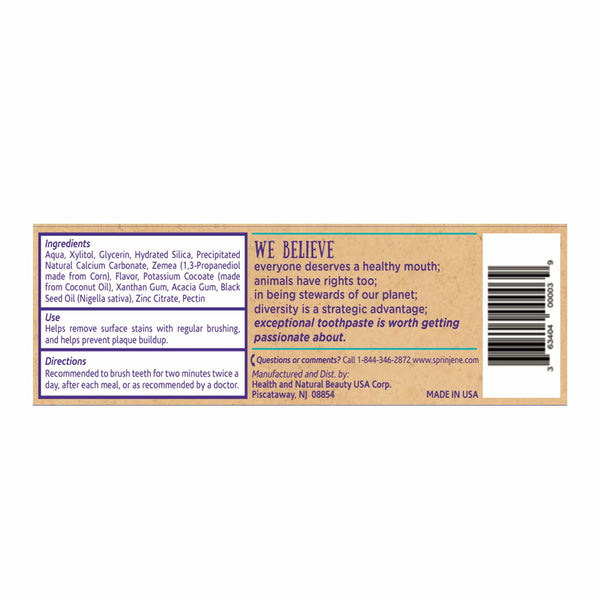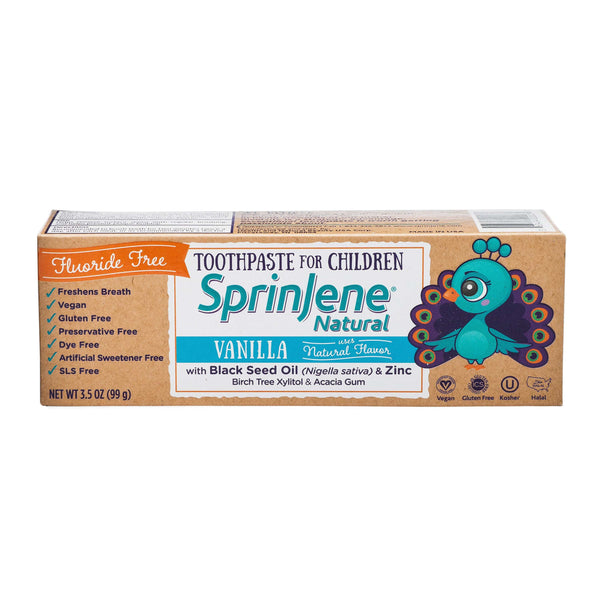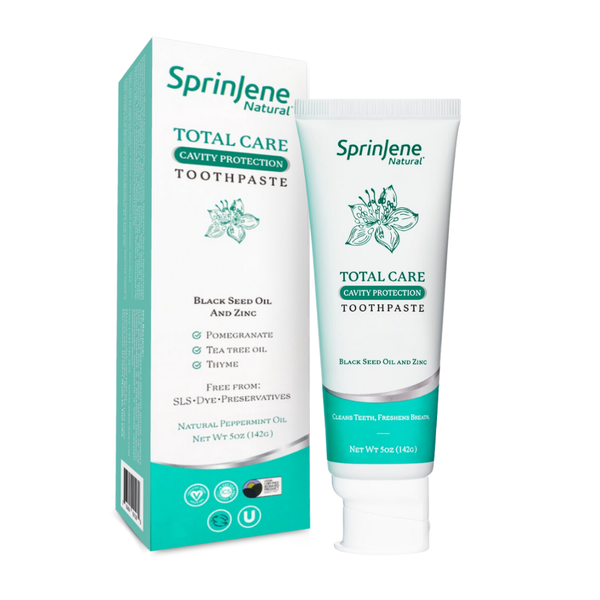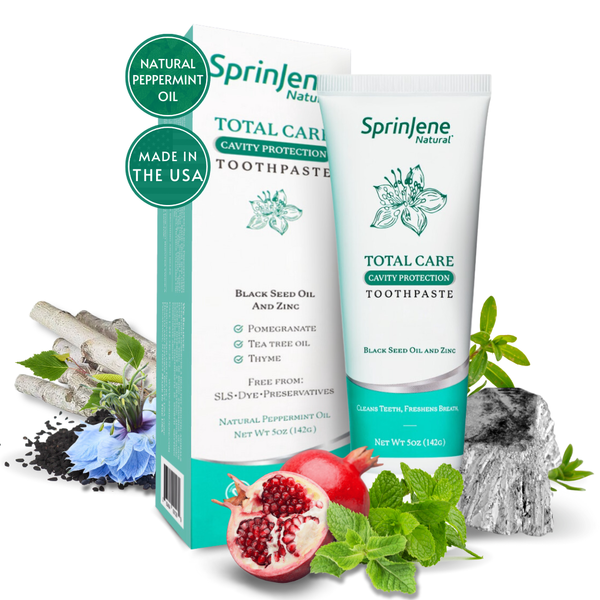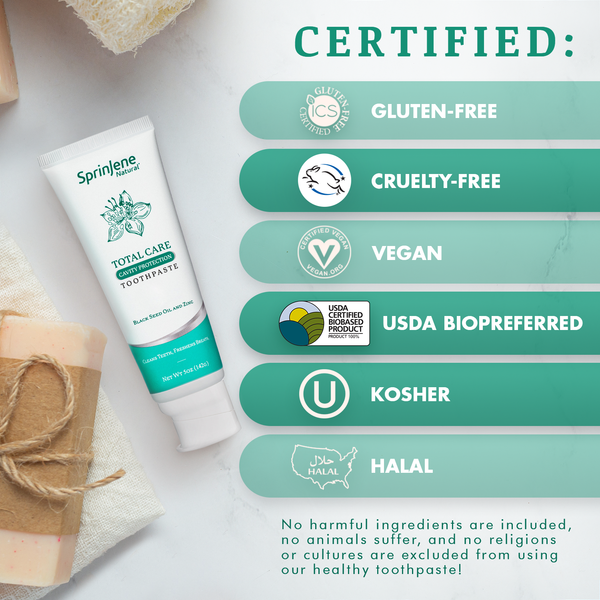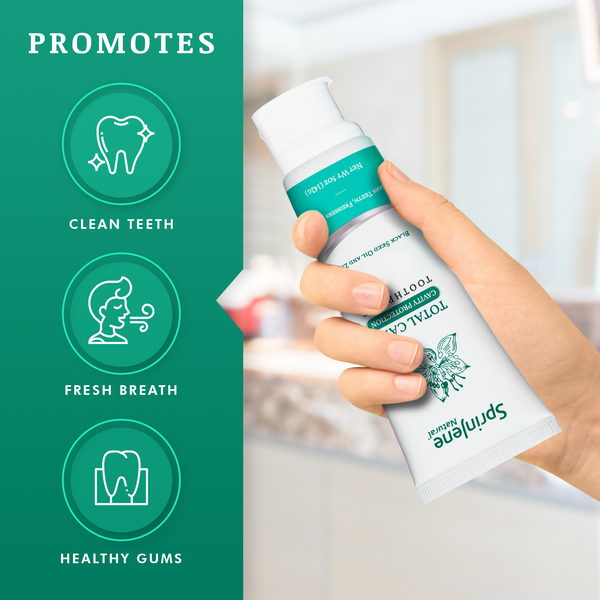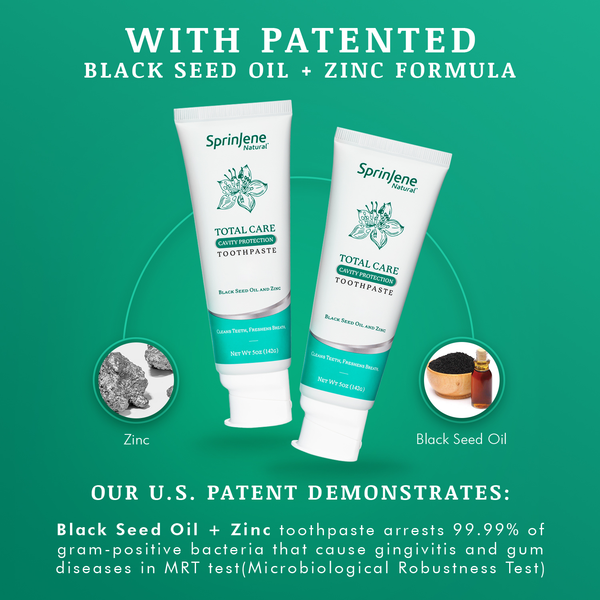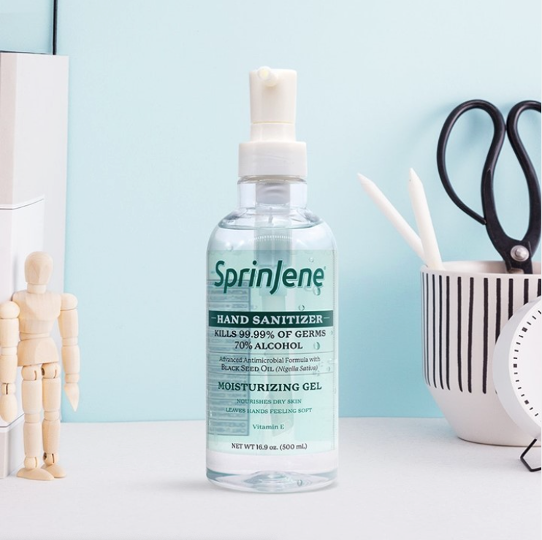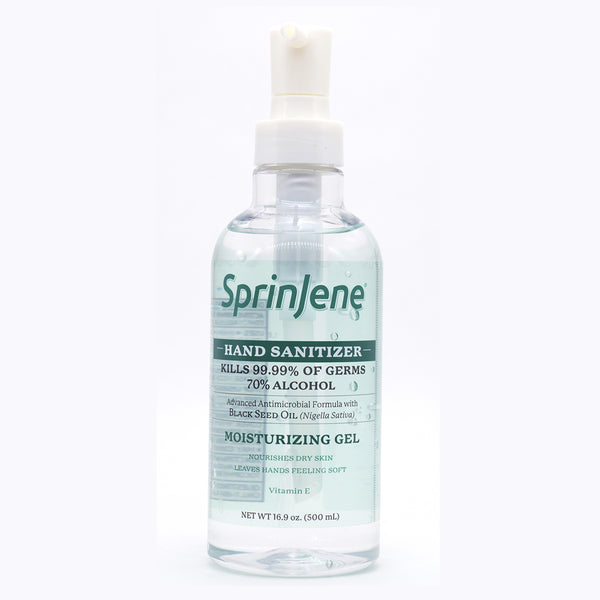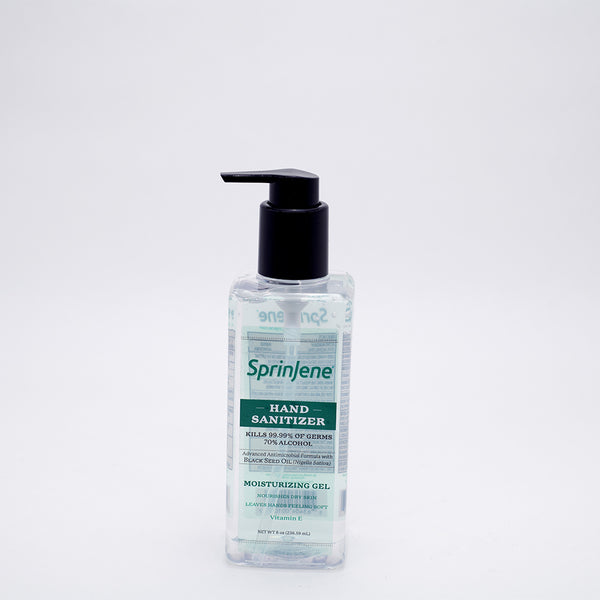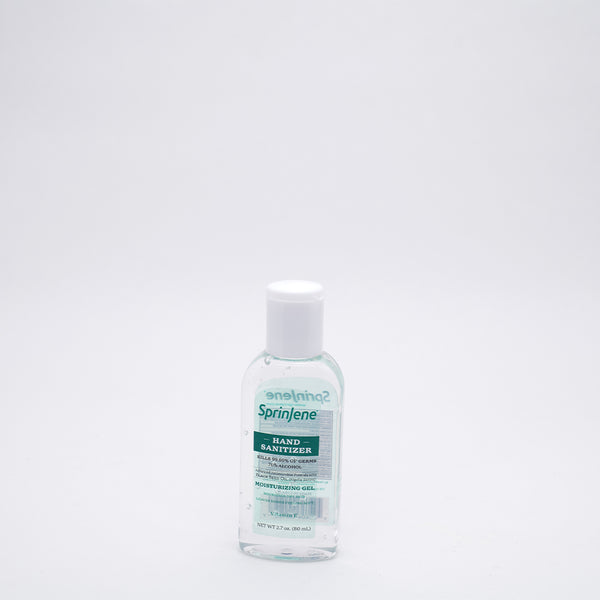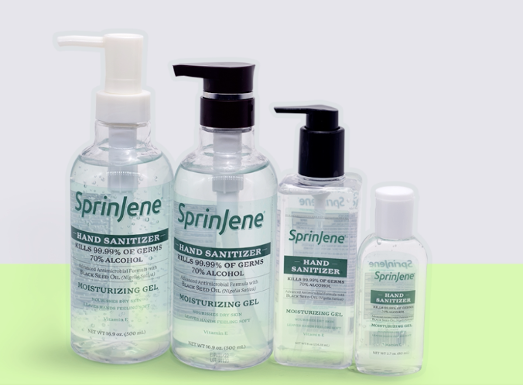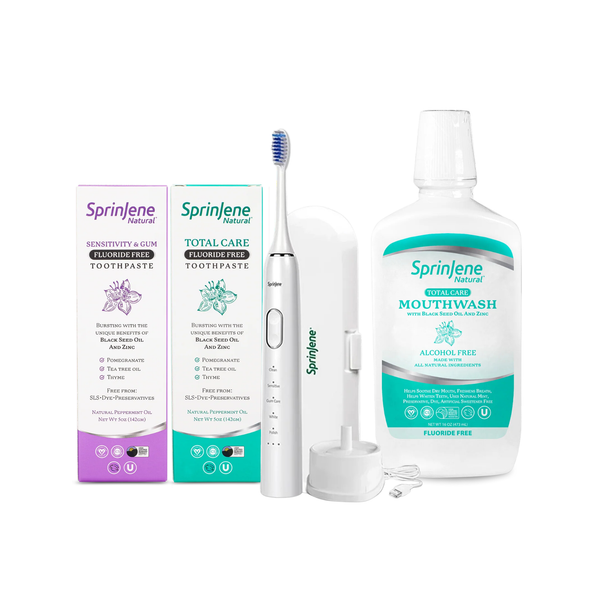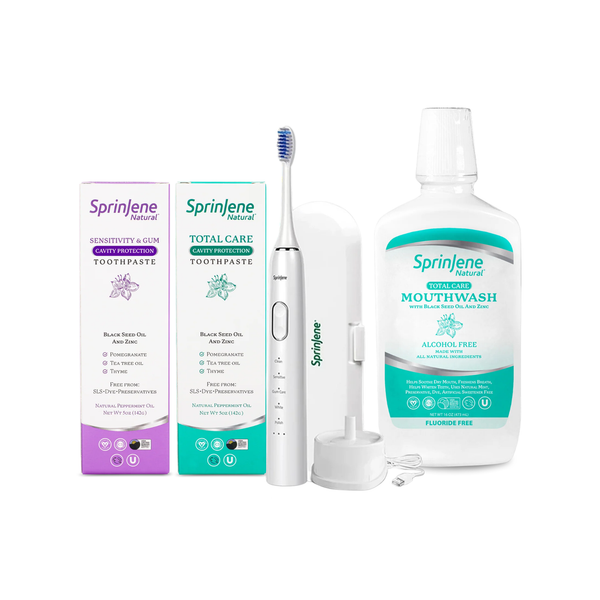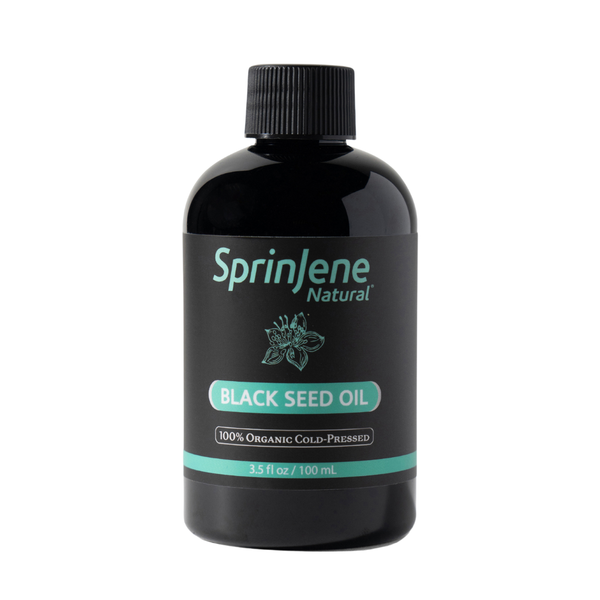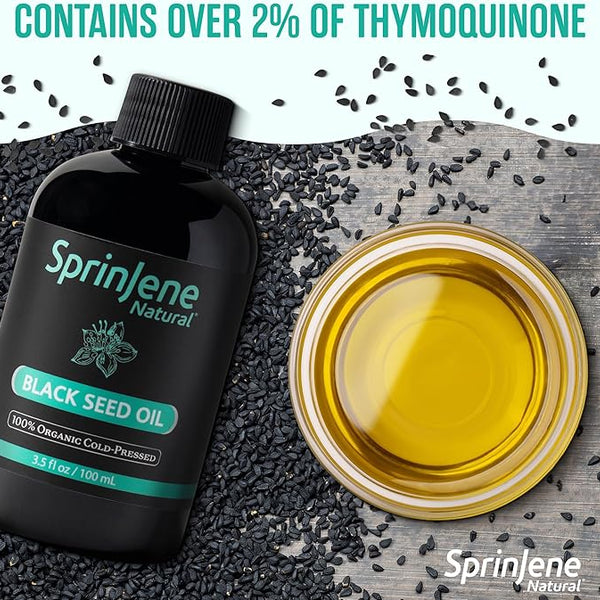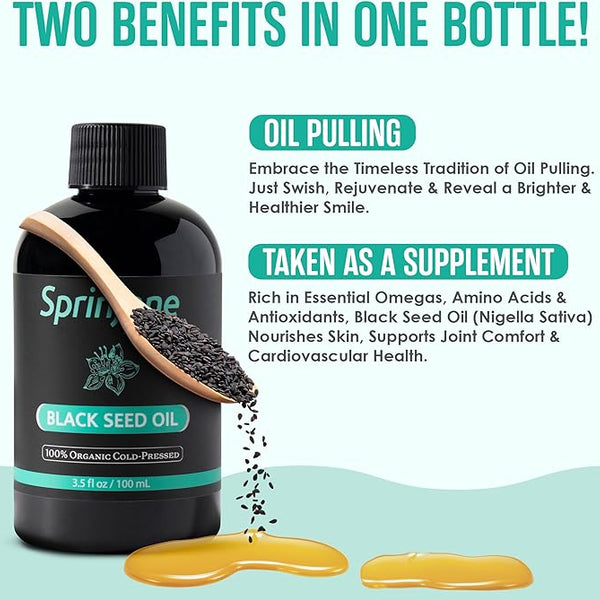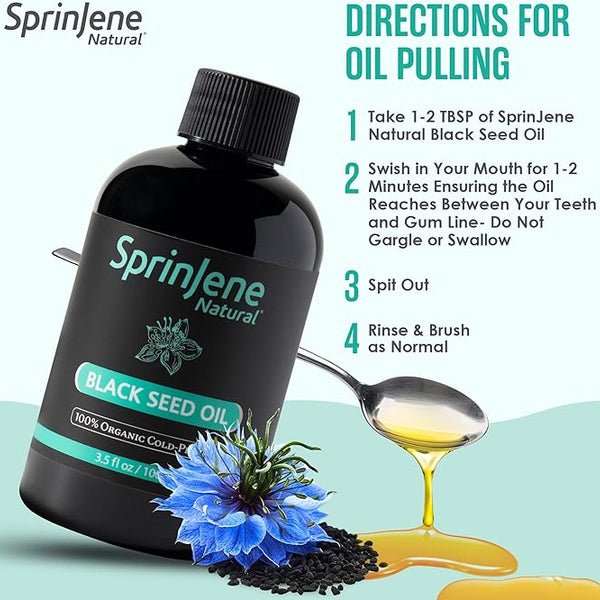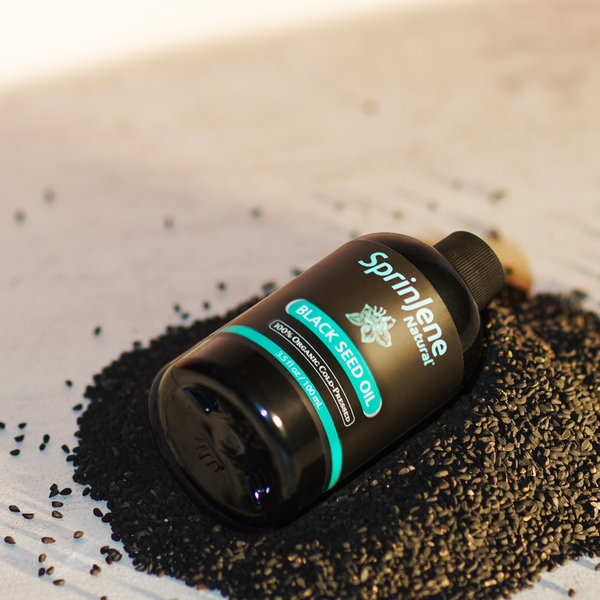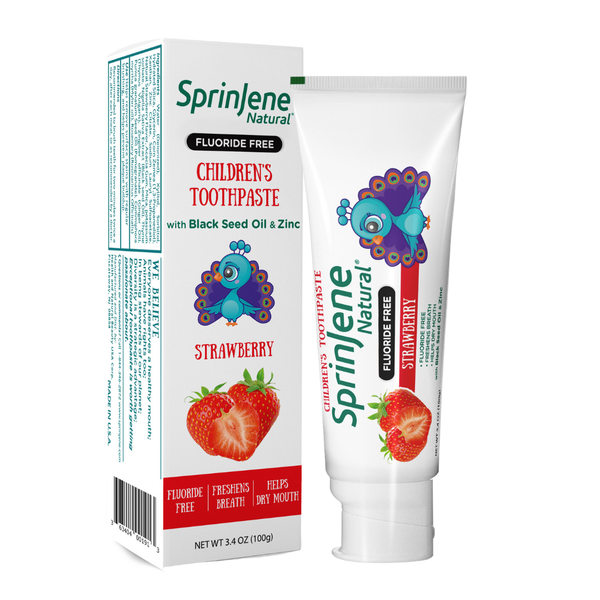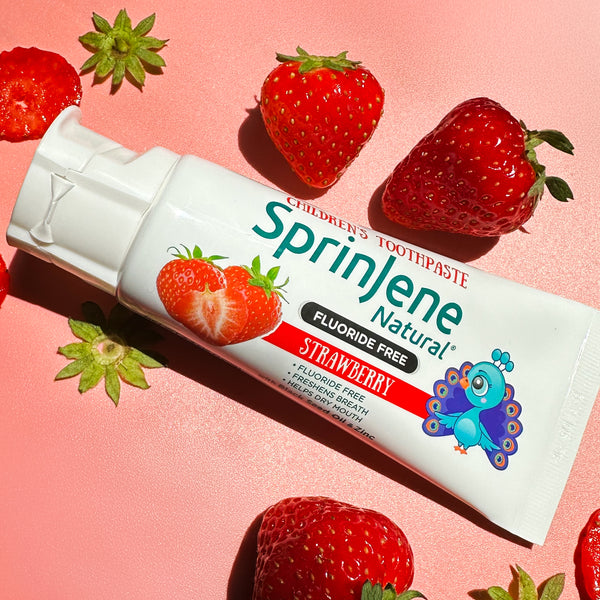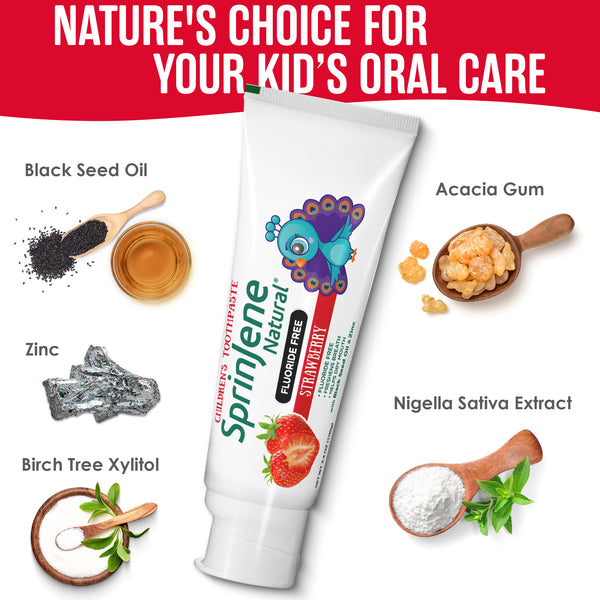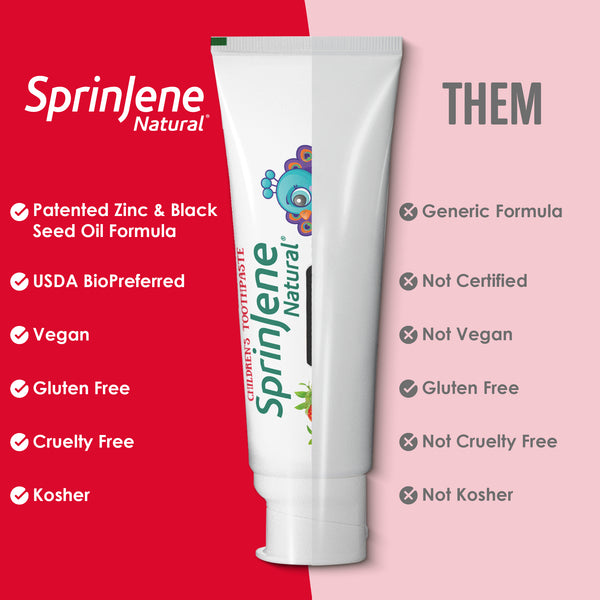Black seed oil, also known as Nigella sativa oil, is a highly valued oil in many cultures worldwide. It is extracted from the seeds of the Nigella sativa plant, which is native to southwest Asia. The oil has a long history of traditional use as a natural remedy for various ailments, and recent research has begun to shed light on the potential therapeutic benefits of its active ingredients.
What Are The Active Ingredients In Black Seed Oil?
The primary active ingredients in black seed oil are thymoquinone, thymohydroquinone, and thymol. Thymoquinone is the most abundant and well-studied compound and is believed to be responsible for many of the oil's health benefits. It has been shown to have antioxidant, anti-inflammatory, and anti-cancer properties and may also positively affect the immune system.
Other potential benefits of black seed oil include improving blood sugar control, reducing cholesterol levels, and aiding in weight loss. It has also been studied for its potential effects on respiratory conditions like asthma and allergies and its ability to improve skin health and reduce the symptoms of certain skin conditions like eczema.
While more research is needed to fully understand the potential benefits and risks of using black seed oil, its active ingredients show promise as natural remedies for various health issues.
Its Benefits On Oral Health
Black seed oil is a highly valued oil in many cultures worldwide for its potential therapeutic benefits. The oil is extracted from the seeds of the Nigella sativa plant and is known for its rich content of active ingredients such as thymoquinone, thymohydroquinone, and thymol. While black seed oil has been studied for its potential health benefits, recent research has also shown that it can positively affect oral health.
Antimicrobial Properties
Black seed oil has been shown to have antimicrobial properties that can help to combat bacteria, viruses, and fungi. These properties make it a promising natural remedy for many oral health issues, including bad breath, gum disease, and tooth decay. The oil can be used as a mouthwash or added to toothpaste to help improve oral hygiene.
In one study, researchers compared the effectiveness of black seed oil mouthwash to chlorhexidine mouthwash, commonly used to treat gum disease. The study found that both types of mouthwash effectively reduced gum inflammation and improved oral hygiene. Another study showed that black seed oil could help to reduce the severity of gingivitis, a common form of gum disease.
In Treating Bad Breath And Dry Socket
Black seed oil may also be beneficial for reducing bad breath. One study found that rinsing with black seed oil mouthwash twice a day for two weeks significantly reduced bacteria levels that cause bad breath. The oil's antimicrobial properties may help to kill the bacteria responsible for producing odors in the mouth. Black seed oil has also been shown to reduce and treat Dry socket, a painful mouth disease caused by a non-healing extraction socket.
Promotes Healing
In addition to its antimicrobial properties, black seed oil may also have anti-inflammatory effects that can help to reduce inflammation in the mouth. Gum disease is often accompanied by inflammation, which can cause pain, swelling, and redness in the gums. By reducing inflammation, black seed oil may help to alleviate these symptoms and promote healing.
Another potential benefit of black seed oil for oral health is its ability to promote the healing of oral wounds. One study found that applying black seed oil to oral wounds helped to reduce inflammation and promote faster healing. The oil's anti-inflammatory and antimicrobial properties may help to prevent infection and promote the growth of new tissue in the mouth.

Which Other Ingredients Pair Well With Black Seed Oil To Enhance Dental Health Effects?
A few ingredients are often paired with black seed oil to enhance its effects on dental health. these include:
Clove Oil
One such ingredient is clove oil, known for its antimicrobial and anti-inflammatory properties. Clove oil has been used for centuries in traditional medicine to treat toothaches, gum disease, and other oral health issues. It contains a compound called eugenol, which has been shown to have strong antimicrobial properties that can help to kill the bacteria that cause gum disease and tooth decay.
When combined with black seed oil, clove oil can help to enhance the oil's antimicrobial and anti-inflammatory effects. Together, these oils can help to reduce inflammation, kill bacteria, and promote healing in the mouth.
Tea Tree Oil
Another ingredient that is often paired with black seed oil for dental health is tea tree oil. Like clove oil, tea tree oil has strong antimicrobial properties that can help to kill the bacteria that cause bad breath, gum disease, and other oral health issues.
Tea tree oil has also been shown to have anti-inflammatory effects that can help to reduce swelling and redness in the gums. Combined with black seed oil, it can help enhance the oil's overall effects on oral health.
Peppermint And Coconut Oil
Other ingredients that are sometimes paired with black seed oil for dental health include peppermint oil, which can help to freshen breath and reduce inflammation, and coconut oil, which can help to kill bacteria and promote healing in the mouth.
SprinJene Natural Toothpaste
This is a carefully formulated range of toothpaste specially designed to combat all possible dental and oral health issues and maintain excellent oral health in the mouth without using harmful and toxic ingredients. The entire range of Sprinjene Natural Toothpaste can be used safely by the whole family and consist of the best mixture of ingredients which include:
- Black seed oil
- Zinc
- Coconut oil
- Peppermint extract
- Xylitol
- Acacia gum
- Tea tree and clove oil extracts
- Silica

Overall, black seed oil has shown promise as a natural remedy for various oral health issues. Its antimicrobial and anti-inflammatory properties make it a potentially effective treatment for bad breath, gum disease, and tooth decay. While more research is needed to fully understand the potential benefits and risks of using black seed oil for oral health, its active ingredients show promise as a natural and safe addition to oral care products.
References
1. Saleem, U., Sabir, S., & Ahmad, B. (2016). How Nigella sativa Seeds Treat Diabetes and Ameliorates Diabetes Complications and Safety Studies: An Over View. British Journal of Pharmaceutical Research, 14(3), 1–8. https://doi.org/10.9734/bjpr/2016/30684
2. Mahdavi, R., Namazi, N., Alizadeh, M., & Farajnia, S. (2015, January 1). Effects of Nigella sativa oil with a low-calorie diet on cardiometabolic risk factors in obese women: a randomized controlled clinical trial. Food & Function. https://doi.org/10.1039/c5fo00316d
3. Koshak, A., Koshak, E., & Heinrich, M. (2017). Medicinal benefits of Nigella sativa in bronchial asthma: A literature review. Saudi pharmaceutical journal : SPJ : the official publication of the Saudi Pharmaceutical Society, 25(8), 1130–1136. https://doi.org/10.1016/j.jsps.2017.07.002
4. Nair, M. K. M., Vasudevan, P., & Venkitanarayanan, K. (2005, June 1). Antibacterial effect of black seed oil on Listeria monocytogenes. Food Control. https://doi.org/10.1016/j.foodcont.2004.04.006
5. Abd-Awn, B. H., Aldhaher, Z. A., & Al-Dafaai, R. R. (2012). The effect of black seed oil extracts on mutans streptococci in comparison to chlorhexidine gluconate (in vitro). The Effect of Black Seed Oil Extracts on Mutans Streptococci in Comparison to Chlorhexidine Gluconate (in Vitro), 24(4), 126–131. https://doi.org/10.0001/1343
6. Khan, Z. A., Prabhu, N., Ahmed, N., Lal, A., Issrani, R., Maqsood, A., Vohra, F., & Alam, M. K. (2022, February 28). A Comparative Study on Alvogyl and a Mixture of Black Seed Oil and Powder for Alveolar Osteitis: A Randomized Double-Blind Controlled Clinical Trial. International Journal of Clinical Practice. https://doi.org/10.1155/2022/7756226
7. AL-Douri, A., & Al-kazaz, S. (2010, January 1). The Effect of Nigella Sativa Oil (Black Seed) on the Healing of Chemically In-duced Oral Ulcer in Rabbit (Experimen-tal Study). Al-Rafidain Dental Journal, 10(1), 151–157. https://doi.org/10.33899/rden.2010.45402
8. Antimicrobial Effects of Clove Oil. Hospitality Institute of Technology and Management; 1997. Available from: http:// N. (2024, January 25). 【VRAVランキング】オススメの8K動画&AV女優のレビュー -2023-2024年. 絶愛2’nd. https://www.hi-tm.com/Documents/Spices.html.
9.Elgendy, E. A., Ali, S. A., & Zineldeen, D. H. (2013). Effect of local application of tea tree (Melaleuca alternifolia) oil gel on long pentraxin level used as an adjunctive treatment of chronic periodontitis: A randomized controlled clinical study. Journal of Indian Society of Periodontology, 17(4), 444–448. https://doi.org/10.4103/0972-124X.118314
10. Thosar, N., Basak, S., Bahadure, R. N., & Rajurkar, M. (2013). Antimicrobial efficacy of five essential oils against oral pathogens: An in vitro study. European journal of dentistry, 7(Suppl 1), S071–S077. https://doi.org/10.4103/1305-7456.119078
11. Intahphuak, S., Khonsung, P., & Panthong, A. (2009, December 29). Anti-inflammatory, analgesic, and antipyretic activities of virgin coconut oil. Pharmaceutical Biology. https://doi.org/10.3109/13880200903062614




